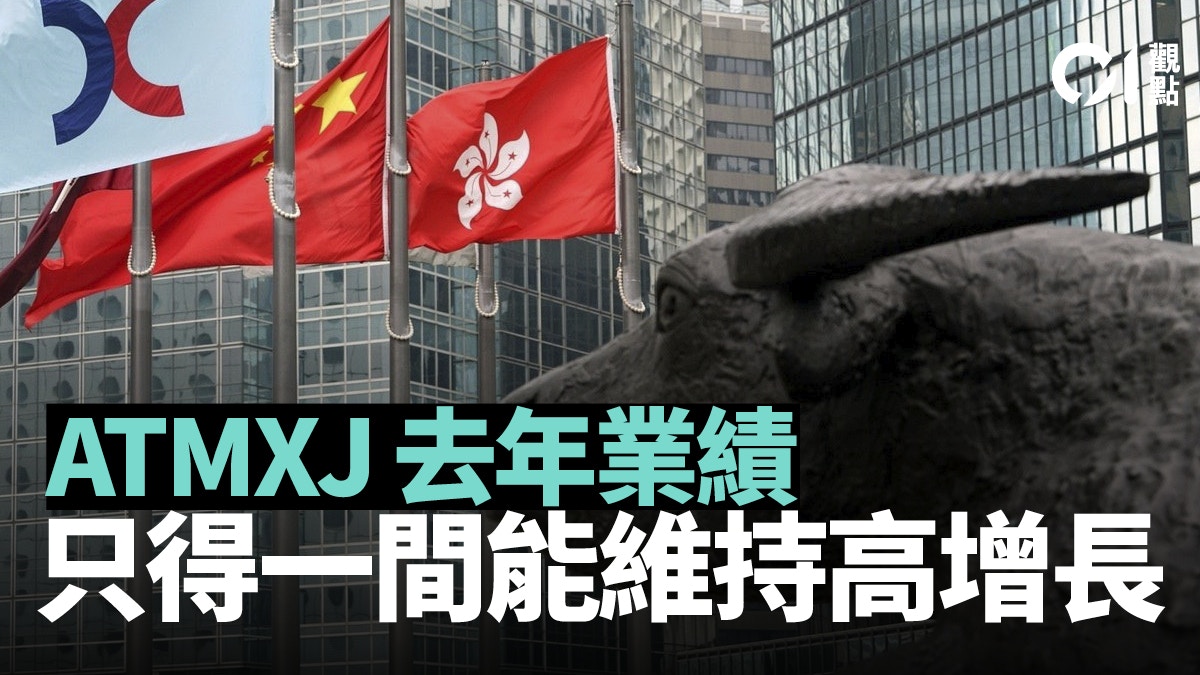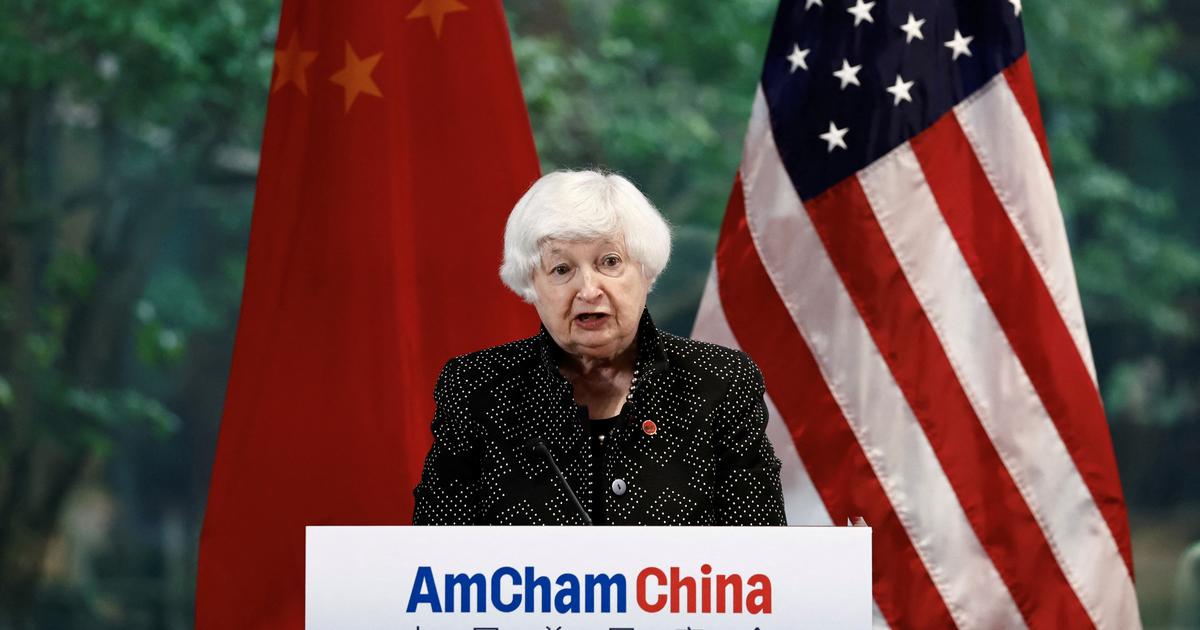Due to the Chinese government's active introduction of platform economy regulatory policies, many Chinese technology companies have faced operational difficulties in the past year.
With ATMXJ (Alibaba, Tencent, Meituan, Xiaomi and JD.com) announcing their 2021 results in the past week, the market is paying close attention to the negative impact of regulatory policies on the earnings of tech companies.
As expected, the performance of most of these companies was not satisfactory, most of them experienced profit regression or slowdown in growth rate, and only Xiaomi achieved high-speed growth in revenue and profit.
In recent years, the different development of these major technology companies such as ATMXJ reflects that the Mainland's economic policy has gradually shifted to companies with physical manufacturing capabilities. Platform economies can no longer rely on the old methods to achieve high-speed growth, and must think about how to transform.
ATMXJ Xiaomi is a unique show
Meituan's core catering delivery service has been affected by a number of regulatory measures such as anti-monopoly, labor treatment, and reduction of restaurant fees, and it is the worst performer in ATMXJ.
According to the latest published results, although Meituan’s revenue increased by 56% last year, its non-GAAP EBITDA (earnings before tax) turned from profit to loss, from a profit of 4.73 billion yuan (the same below) to a sharp drop. The loss was 9.69 billion yuan, down 14.42 billion yuan, which was three times the profit of last year.
Secondly, the two major e-commerce giants Alibaba and JD.com experienced a profit regression.
Although JD.com's revenue in 2021 increased by 27.6% year-on-year, costs increased rapidly and gross profit declined. Non-GAAP EBITDA was only 18.7 billion yuan, a year-on-year decrease of 9.7%.
Alibaba's situation is even worse, with revenue growth slowing to 10% in 2021 and non-GAAP EBITDA falling 27% to 44.8 billion yuan.
It can be seen that the anti-monopoly policy launched by the central government last year has a significant impact on these two leading e-commerce companies.
Although Tencent is relatively unaffected by anti-monopoly, its operation has also been affected to a certain extent by the policy of preventing minor game addiction.
The latest results show that Tencent’s revenue in 2021 will only increase by 16%, and non-GAAP earnings will only increase by 1%. Although it has not regressed like Ali and JD.com, it is also Tencent’s slowest growth since its listing. Year.
Xiaomi appears to be a standout in "ATMXJ", with revenue increasing by 33.5% in 2021, and still successfully pushing up gross profit margins despite the producer price index (PPI) growing much faster than the consumer price index (CPI). Non-GAAP earnings for the full year increased significantly by 69.5%, successfully maintaining high growth.
Xiaomi's profit growth in 2021 is rapid, and it has successfully broken through the economic difficulties.
Inspiration from Xiaomi's success
There are two important takeaways from Xiaomi's relative success.
First of all, Xiaomi itself is in a highly competitive environment and has never relied on monopoly to maintain profitability.
Xiaomi's main business is to manufacture mobile phones, but the competition in the industry is huge, not only to face domestic competitors such as OPPO, VIVO, and Honor, but also to face the giants in the global mobile phone market such as Apple.
Xiaomi, which has grown up in a highly competitive environment, not only has not been affected by anti-monopoly, but also proved that competition can force companies to continuously improve themselves in order to survive.
On the other hand, several major platform economies have developed dependence on monopoly in the past, but failed to strive for excellence in innovation and operation. Once the policy broke their monopoly advantage, they immediately fell into difficulties.
Although the central government seems to have relaxed the implementation of anti-monopoly policies recently, taking into account the market response, this at best means that the policy will be implemented step by step and not too hastily. Innovate and improve operations.
On the other hand, Xiaomi's success also reflects the central policy's preference for brick-and-mortar manufacturing over Internet companies.
Mainland policies have increased the supervision of Internet companies, but they value the development of manufacturing, which represents the real economy.
In 2015, the mainland proposed "Made in China 2025", which aims to upgrade the manufacturing industry to high-end development, which is widely regarded as one of the reasons why the United States launched a trade war with China in 2018.
Although the term "Made in China 2025" has rarely appeared in recent years due to the friction between China and the United States, China's development direction has not changed.
At the beginning of this year, the "Guiding Opinions on Promoting the Orderly Transfer of Manufacturing Industry" released by the mainland once again emphasized industrial upgrading and maintaining the integrity of the industrial chain of the manufacturing industry.
Both are technology companies, but Xiaomi is the only company in "ATMXJ" whose main business is manufacturing.
Including Xiaomi's announcement last year that it plans to manufacture new energy vehicles, Xiaomi has gradually changed from being an Internet company at the beginning to an "intelligent manufacturing" and "high-end manufacturing" company in recent years.
Xiaomi's success also reflects China's attitude of always seeing manufacturing as "the foundation of the country".
In recent years, the development of the Greater Bay Area has gradually become a new direction for Hong Kong's economic development.
Hong Kong should seize the opportunity of economic cooperation with the Mainland, but also should understand the inspiration behind it, and strive to develop an economic and sports industry chain based on innovation and excellence, so that Hong Kong can better cooperate with the Mainland economy.
Alibaba and Tencent have avoided suspicion and dared to move the cake of the enterprise. Alibaba or other mainland enterprises cannot become chaebols.







